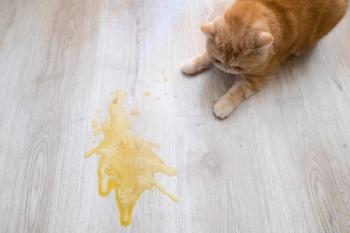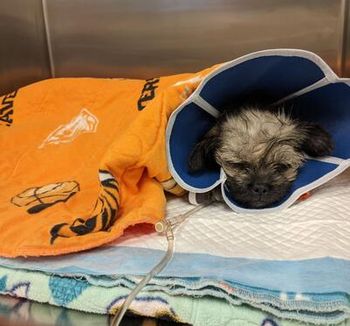
Dress for success
Cleveland - Clients judge a book by its cover. There's no way to get around it, especially when it comes to students and new graduates.
CLEVELAND — Clients judge a book by its cover. There's no way to get around it, especially when it comes to students and new graduates.
So lose the blue hair, nose ring and jeans, says Karyn Gavzer, an MBA, CVPM, veterinary marketing consultant in Springboro, Ohio. An unprofessional appearance does nothing but reduce compliance and communication, she says.
"Clients are looking so hard anyway when they see a young face," Gavzer says. "The packaging is simply the way of presenting yourself that allows the owners to accept the advice you're giving them."
Dr. Steven Rowell shares that sentiment. As Tufts University School of Veterinary Medicine's hospital director and associate dean for Clinical Programs, Rowell has turned students away because of improper dress. That might sound harsh, but it makes sense, he says. It only takes clients 30 seconds to gauge a first impression, and a lot depends on appearance, he adds.
"When we do orientation for our fourth-year students coming into that clinic, dress is one thing I harp on," Rowell says. "I wear a tie to work every day because I want to set a tone about how I feel about the profession; I want people to take me seriously. If you want to make a social statement, do it on your own time. This is not the place for it."
White coat standard
A white lab coat and name tag fosters a professional tone, Rowell adds. While the veterinarian acknowledges large animal medicine is "a different ball game," coveralls aren't appropriate for the small animal practice, he says.
"We need to dress the part, meaning if we're up front dealing with clients, a lab coat is in order. Obviously if we're going into surgery, we can put on scrubs," he says. "But every veterinarian is obliged to wear protective equipment and a lab coat is just that."
When dealing with clients, students also are required to wear slacks, not jeans and cover all tattoos and unusual piercings.
"When you talk, people want to hear what you have to say; they don't want to be distracted by that bobble on your tongue," Rowell says. "Students can say they have the right to dress the way they want, but I have to disagree. This a place of business; our tradition is professionalism.
"I think the way you look does a lot to make people determine whether or not they want to continue having you treat their animals."
Newsletter
From exam room tips to practice management insights, get trusted veterinary news delivered straight to your inbox—subscribe to dvm360.




